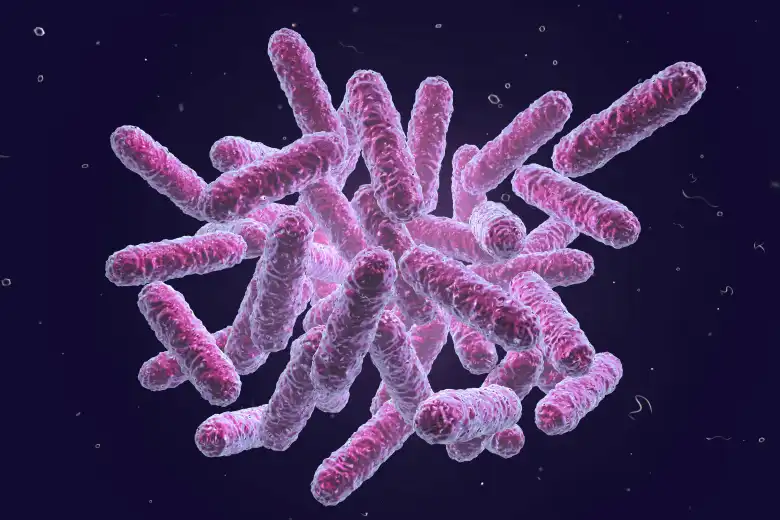Introduction
The prospect of human exploration beyond Earth has long captured the imagination. With missions to Mars and the Moon on the horizon, the focus has been on technological advancements and astronaut safety. However, a recent discovery by NASA has introduced a new and unexpected challenge: the emergence of Mutant Super Bacteria in the microgravity environment of space. This article delves into the details of this alarming finding, its potential implications, and the urgent need for countermeasures.
The Discovery
In a groundbreaking study, NASA scientists identified strains of the bacterium Enterobacter bugandensis on the International Space Station (ISS). This microorganism, known for its resistance to multiple antibiotics, exhibited genetic mutations distinct from its Earth-based counterparts. The bacteria were isolated from various locations within the ISS, including the bathroom, dining area, and exercise equipment, highlighting the pervasive nature of this potential threat.
The Implications
The discovery of Mutant Super Bacteria in the confined environment of the ISS raises several critical concerns:
- Astronaut Health Risk: The presence of drug-resistant bacteria poses a significant health risk to astronauts, who are already subjected to the stresses of spaceflight. Infections caused by these superbugs could be difficult to treat, potentially leading to severe complications.
- Contamination Risk: There is a possibility that these mutant bacteria could be brought back to Earth, where they could spread and exacerbate the global antibiotic resistance crisis. This could have devastating consequences for public health.
- Challenges for Long-Duration Space Missions: The presence of superbugs on the ISS is a harbinger of potential challenges for future long-duration space missions, such as those planned for Mars. Isolated environments with limited medical resources could be particularly vulnerable to outbreaks.
The Mechanism of Mutation
While the exact mechanisms behind the rapid mutation of bacteria in space are still under investigation, several factors are believed to contribute to this phenomenon:
- Microgravity: The absence of gravity can alter the behavior of microorganisms, affecting their growth rates, genetic expression, and ability to adapt to new environments.
- Radiation Exposure: Astronauts and bacteria on the ISS are exposed to higher levels of radiation compared to Earth, which can induce genetic mutations.
- Confinement: The enclosed environment of the ISS limits the diversity of microbial populations, potentially accelerating the evolution of drug resistance.
Countermeasures and Future Research
Addressing the threat of Mutant Super Bacteria in space requires a multi-faceted approach:
- Enhanced Sanitation Protocols: Implementing rigorous cleaning and disinfection procedures on spacecraft can help to minimize the spread of bacteria.
- Development of New Antibiotics: Research and development efforts should focus on creating novel antibiotics that can effectively combat drug-resistant strains.
- Probiotics and Immunotherapy: Exploring the use of probiotics and immunotherapy to strengthen the immune systems of astronauts could provide additional protection.
- Continuous Monitoring: Regular surveillance of microbial populations on spacecraft is essential for early detection of emerging threats.
- Public Awareness: Raising public awareness about the dangers of antibiotic resistance and the importance of responsible antibiotic use is crucial for preventing the spread of superbugs on Earth.
Conclusion
The discovery of Mutant Super Bacteria on the ISS underscores the complex challenges associated with human space exploration. While the risks are significant, ongoing research and the development of effective countermeasures are essential for ensuring the safety of astronauts and protecting public health on Earth. As we venture further into space, a comprehensive understanding of the microbial environment and its impact on human health will be paramount.

